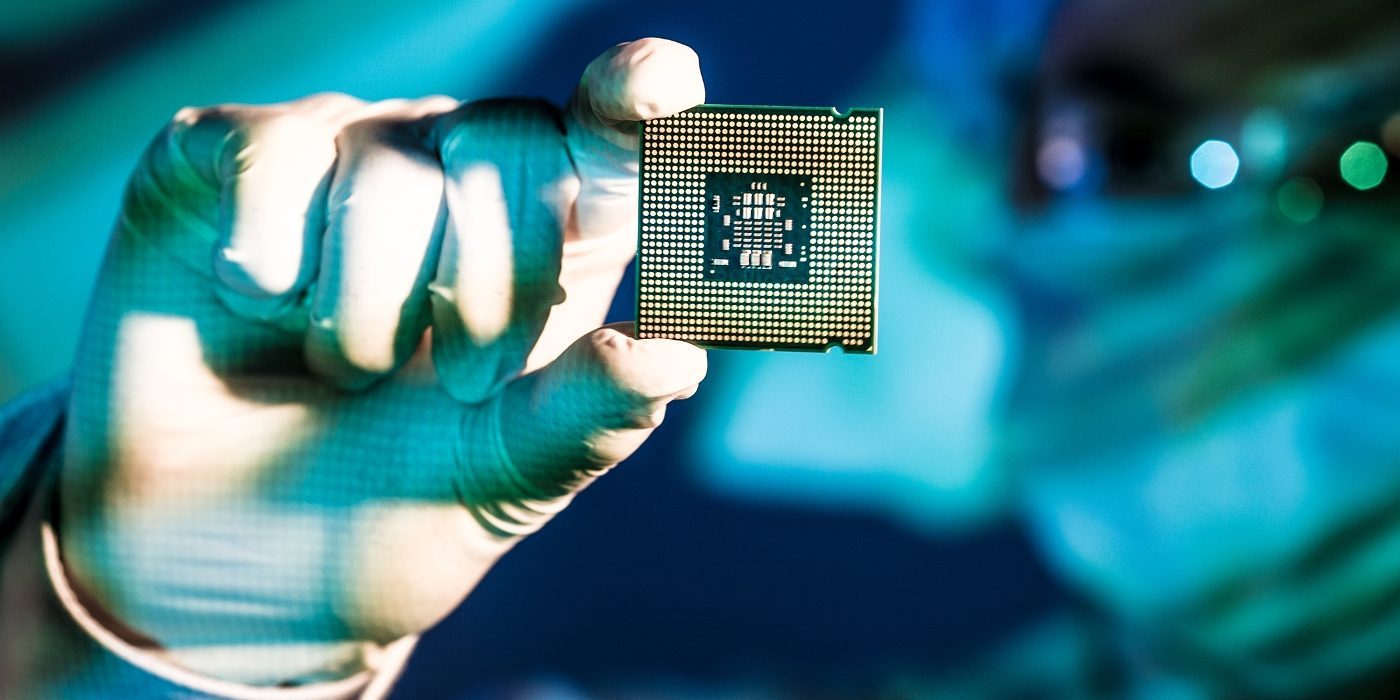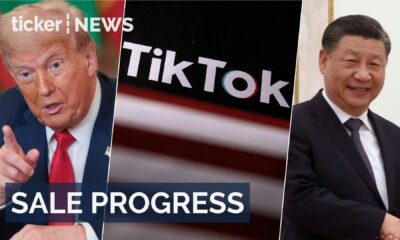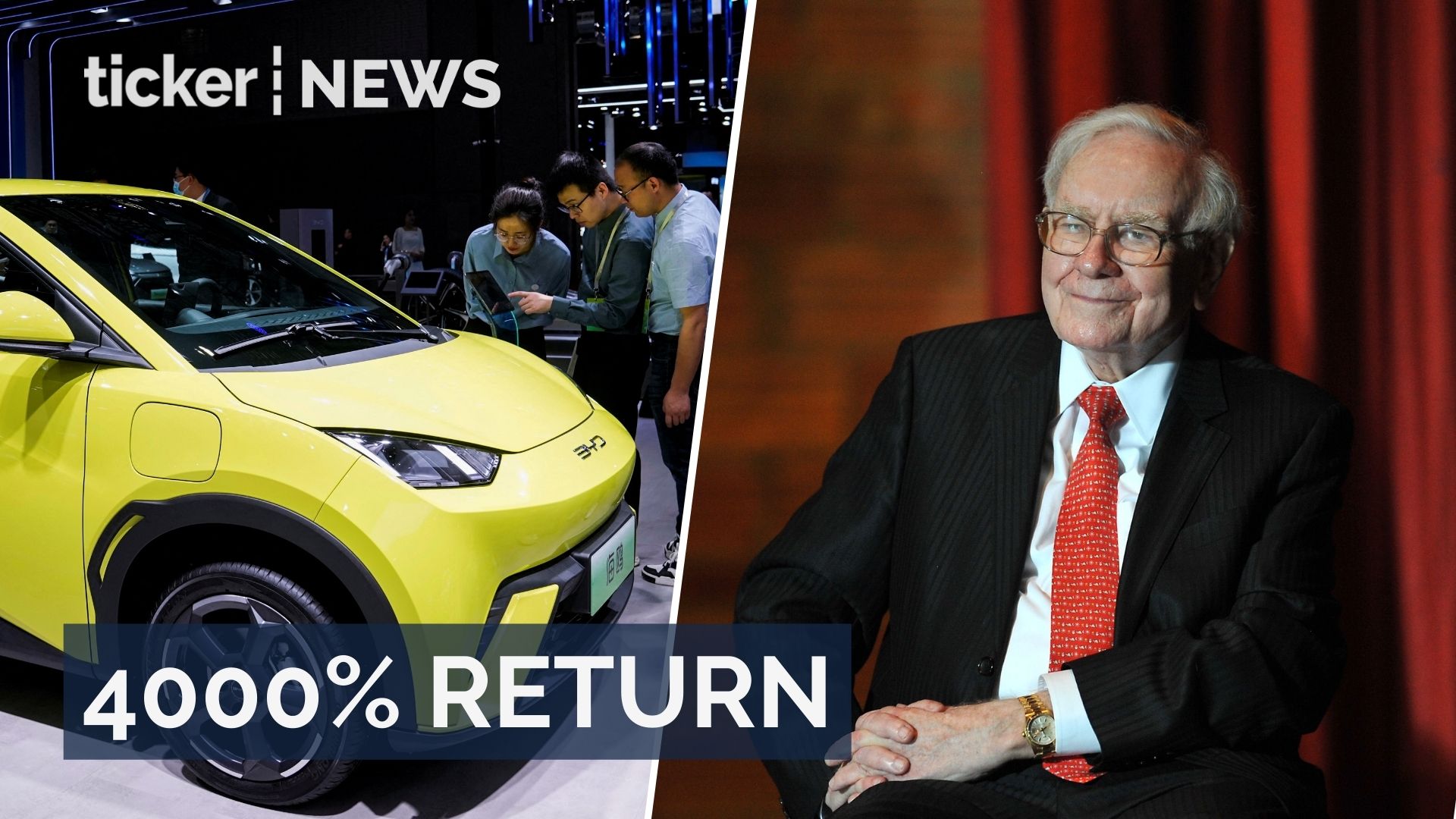Tech
Intel warns of two-year chip shortage

Tech
Nvidia to invest $100 billion in OpenAI partnership
Nvidia invests up to $100 billion in OpenAI, strengthening their partnership in the competitive AI landscape
Tech
Hydrogen vehicles challenge EV dominance and infrastructure
Tech
Berkshire Hathaway completely sells BYD stake after gains
Berkshire Hathaway fully divests BYD stake after 17-year investment, achieving 4,000% gains despite recent profit declines
-



 News3 days ago
News3 days agoUN struggles with Israel-Palestine conflict and climate action
-



 Tech4 days ago
Tech4 days agoHeathrow faces delays due to cyber attack disruption
-



 News4 days ago
News4 days agoFourth death confirmed due to Optus outage issues
-



 News2 days ago
News2 days agoGlobal politics in flux: Palestine recognition and Albanese speculation
-



 Tech4 days ago
Tech4 days agoTrump and Xi progress on TikTok deal, plan meeting
-



 News5 days ago
News5 days agoCharlie Kirk was scheduled to speak at Colorado State University
-



 Ticker Views3 days ago
Ticker Views3 days agoHollywood is suing yet another AI company but there may be a better way to solve copyright
-



 Shows2 days ago
Shows2 days agoCyber safety as a crucial life skill initiative









